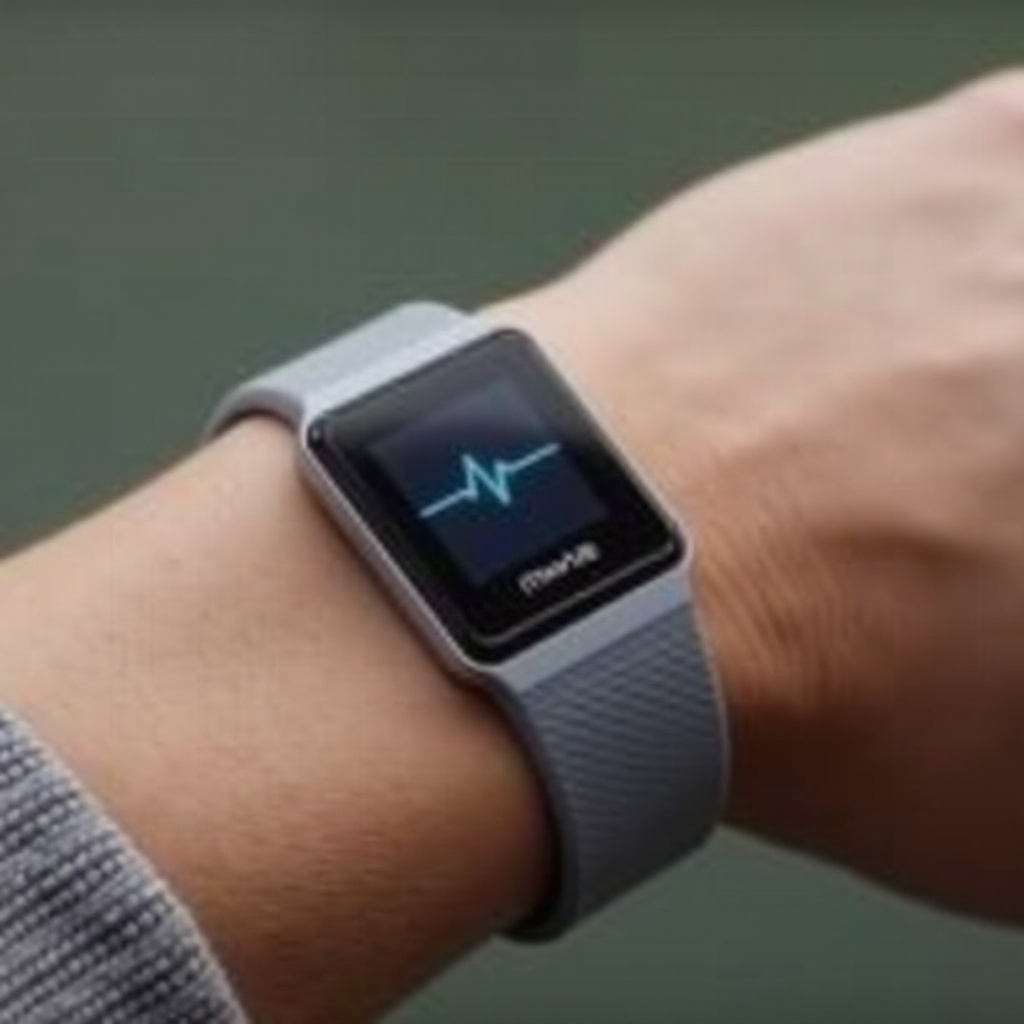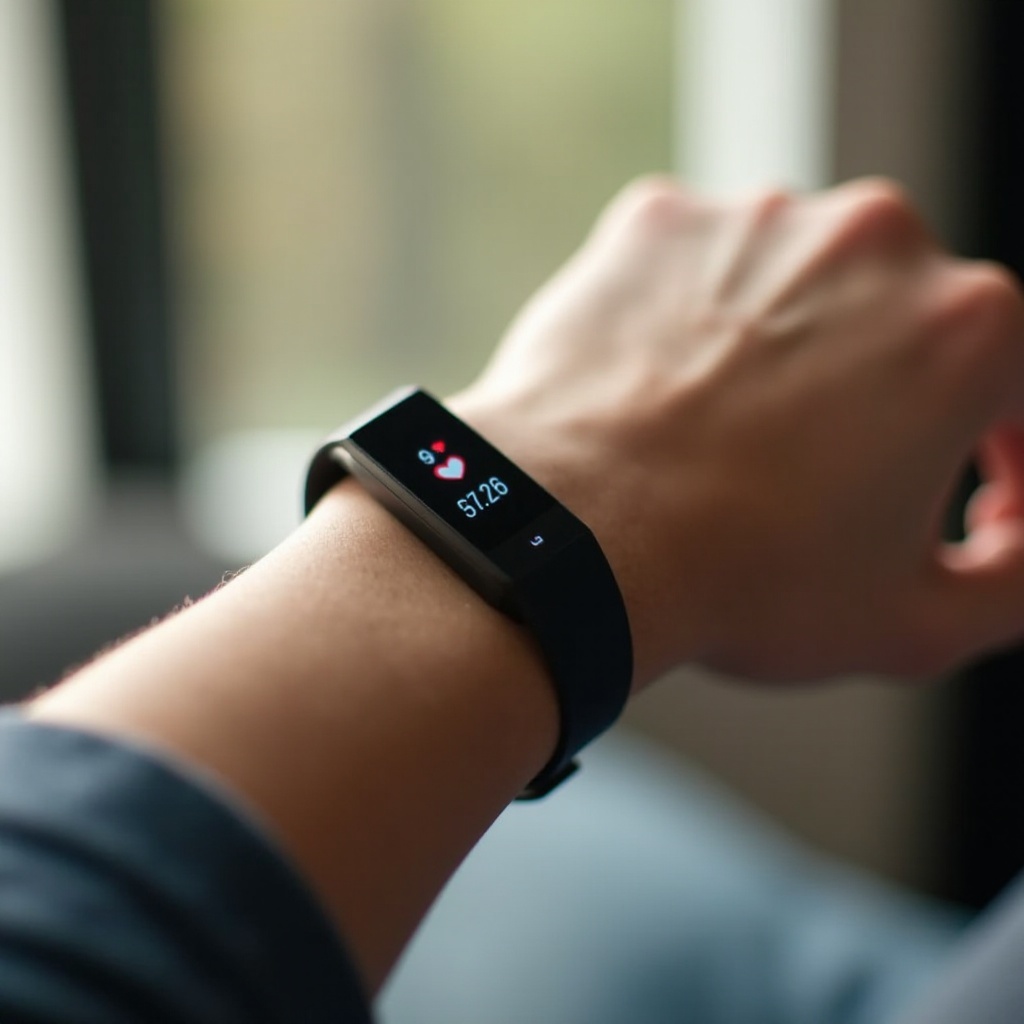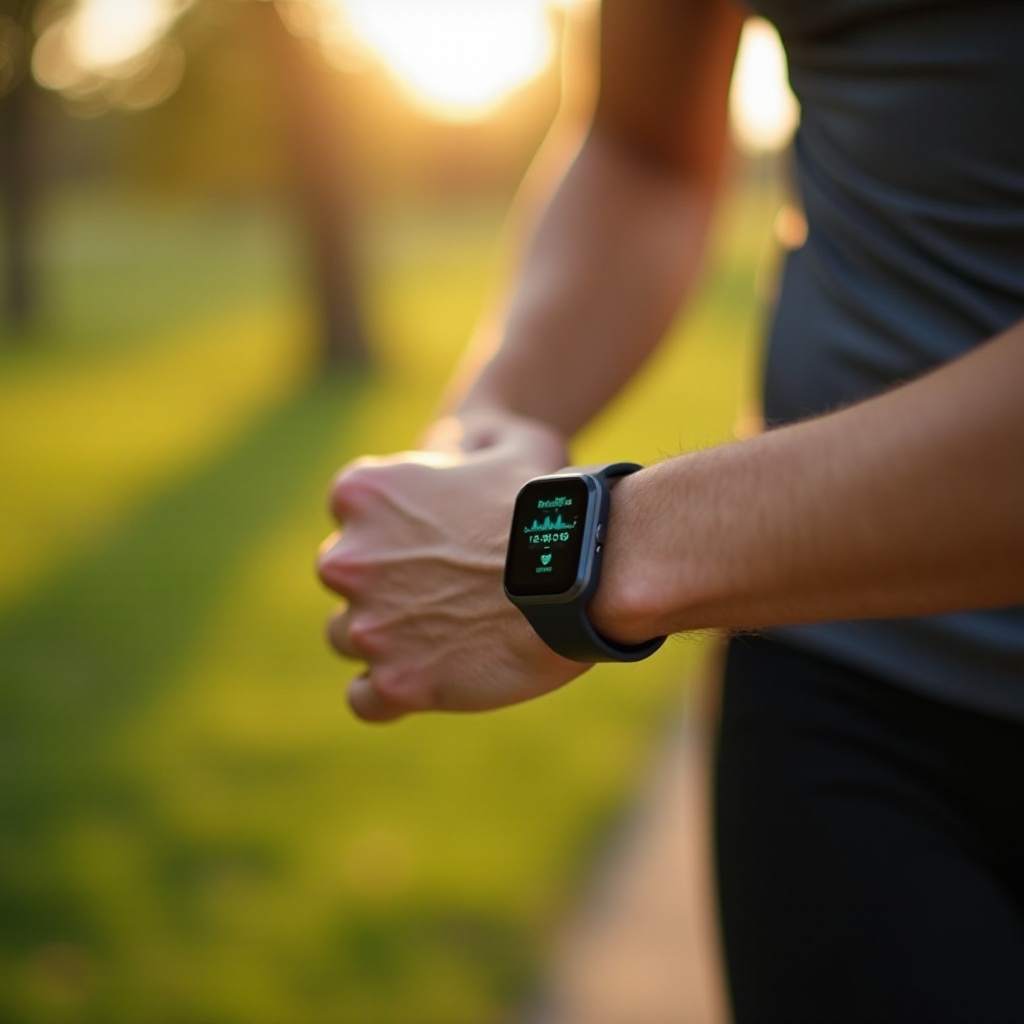Does Fitbit Monitor Heart Rate?
Introduction
Fitbit has become a household name for fitness enthusiasts and health-conscious individuals. Among the many features that attract users to Fitbit devices, heart rate monitoring stands out. This feature is highly sought after as it provides valuable insights into one’s cardiovascular health and fitness levels. But how does Fitbit monitor heart rate? And more importantly, how accurate is it? This blog aims to explore everything you need to know about Fitbit and its heart rate monitoring capabilities.

How Fitbit Monitors Heart Rate
Fitbit employs a technology called PurePulse, which uses photoplethysmography (PPG) to measure heart rate. PPG works by shining a green LED light onto your skin, which then measures the amount of light that is absorbed or reflected back. The sensor can then detect blood volume changes in the capillaries, providing real-time heart rate data.
This method is beneficial for continuous heart rate monitoring, especially during physical activities. Fitbit’s heart rate sensors are designed to work during various conditions such as running, swimming, or even sitting still. The data collected is then analyzed and displayed on both the Fitbit device and the connected smartphone app, giving users a comprehensive look at their heart health.
Fitbit Models with Heart Rate Monitoring
Several Fitbit models come with heart rate monitoring capabilities, each offering a range of additional features:
- Fitbit Charge Series: These models, including Charge 4 and Charge 5, offer continuous heart rate monitoring alongside GPS, sleep tracking, and even NFC payment options.
- Fitbit Versa Series: The Versa 2, Versa 3, and Versa Lite all feature heart rate monitoring, with added benefits like music control, sleep tracking, and customizable clock faces.
- Fitbit Sense: Touted as the most advanced health and fitness smartwatch, the Fitbit Sense includes heart rate monitoring, stress management tools, and even an ECG app for more advanced heart health tracking.
- Fitbit Inspire 2 and Luxe: These models offer a more stylish approach while still incorporating essential features like heart rate monitoring, sleep tracking, and activity tracking.
From fitness-focused models to advanced health-smartwatches, Fitbit has a range of products catering to every need. Next, let’s delve into the accuracy of Fitbit’s heart rate monitoring.
Accuracy of Fitbit’s Heart Rate Monitoring
While Fitbit’s heart rate monitoring technology is impressive, it’s natural to question its accuracy. Various studies and user reviews suggest that Fitbit devices offer reasonably accurate readings, though they may sometimes lag behind the data accuracy of medical-grade equipment.
Several factors can impact the accuracy of Fitbit heart rate monitoring:
– Skin Tone: Darker skin tones may absorb more light, potentially affecting the reading.
– Motion Artifacts: Rapid movements or certain wrist positions can affect accuracy.
– Fit and Placement: The band’s tightness and its position on the wrist play crucial roles in the data accuracy.
Despite these variabilities, Fitbit generally offers reliable and consistent heart rate data that is sufficient for most users seeking to monitor their fitness and health levels.
Benefits of Heart Rate Monitoring in Fitbit
Monitoring your heart rate through a Fitbit device comes with several advantages that can significantly enhance your health and fitness regime:
- Real-time Feedback: Continuous monitoring provides real-time insights that help you adjust your workout intensity based on your heart rate.
- Improved Cardio Fitness Score: By analyzing your heart rate data, Fitbit calculates a Cardio Fitness Score, giving you a comprehensive look at your overall cardiovascular health.
- Sleep Tracking: Heart rate variability data can improve sleep stage tracking, offering better insights into your sleep quality.
- Stress Management: Monitoring your heart rate helps you recognize stress triggers, thus enabling better stress management.
- Health Notifications: Advanced models like Fitbit Sense can send notifications if your heart rate goes above or below preset levels, helping you take immediate action if something isn’t right.
To gain the most from these benefits, let’s look at some tips for improving the accuracy of your Fitbit heart rate monitoring.

Tips for Accurate Heart Rate Monitoring with Fitbit
For the most accurate heart rate readings, consider following these tips:
- Proper Fit: Ensure your Fitbit is snug but not too tight. The sensors should maintain good contact with your skin.
- Placement: Wear your Fitbit higher on your wrist during workouts. This helps minimize motion artifacts and enhances the sensor’s ability to get an accurate reading.
- Clean Sensors: Clean the sensors regularly with a soft, lint-free cloth to ensure they are free of debris and sweat residue that could interfere with readings.
- Stay Still: For resting heart rate measurements, stay as still as possible. Movement can skew the results.
- Update Software: Keep your device’s firmware updated to benefit from performance improvements and bug fixes that can enhance data accuracy.
By following these guidelines, you can ensure more accurate heart rate measurements from your Fitbit device.

Conclusion
Fitbit has revolutionized the way people monitor their heart rate. From everyday fitness enthusiasts to serious athletes, the accurate and continuous heart rate monitoring offered by Fitbit devices helps users track their fitness and health effectively. Whether you’re using the Charge series, the more advanced Sense, or any other model, understanding how to get the most out of your heart rate monitoring can offer invaluable insights into your overall well-being.
Frequently Asked Questions
How accurate is Fitbit’s heart rate monitoring?
Fitbit’s heart rate monitoring is generally accurate, though it may not match the precision of medical-grade equipment. Factors such as skin tone, wrist placement, and motion can affect readings.
Can Fitbit monitor heart rate continuously?
Yes, many Fitbit models offer continuous heart rate monitoring, allowing users to track their heart rate in real-time during various activities, including workouts and rest periods.
What should I do if my Fitbit is not accurately monitoring my heart rate?
If your Fitbit is not accurately monitoring your heart rate, ensure the band fits snugly and is positioned correctly on your wrist. Clean the sensors and keep your device’s firmware updated. For persistent issues, consult Fitbit’s customer support.

